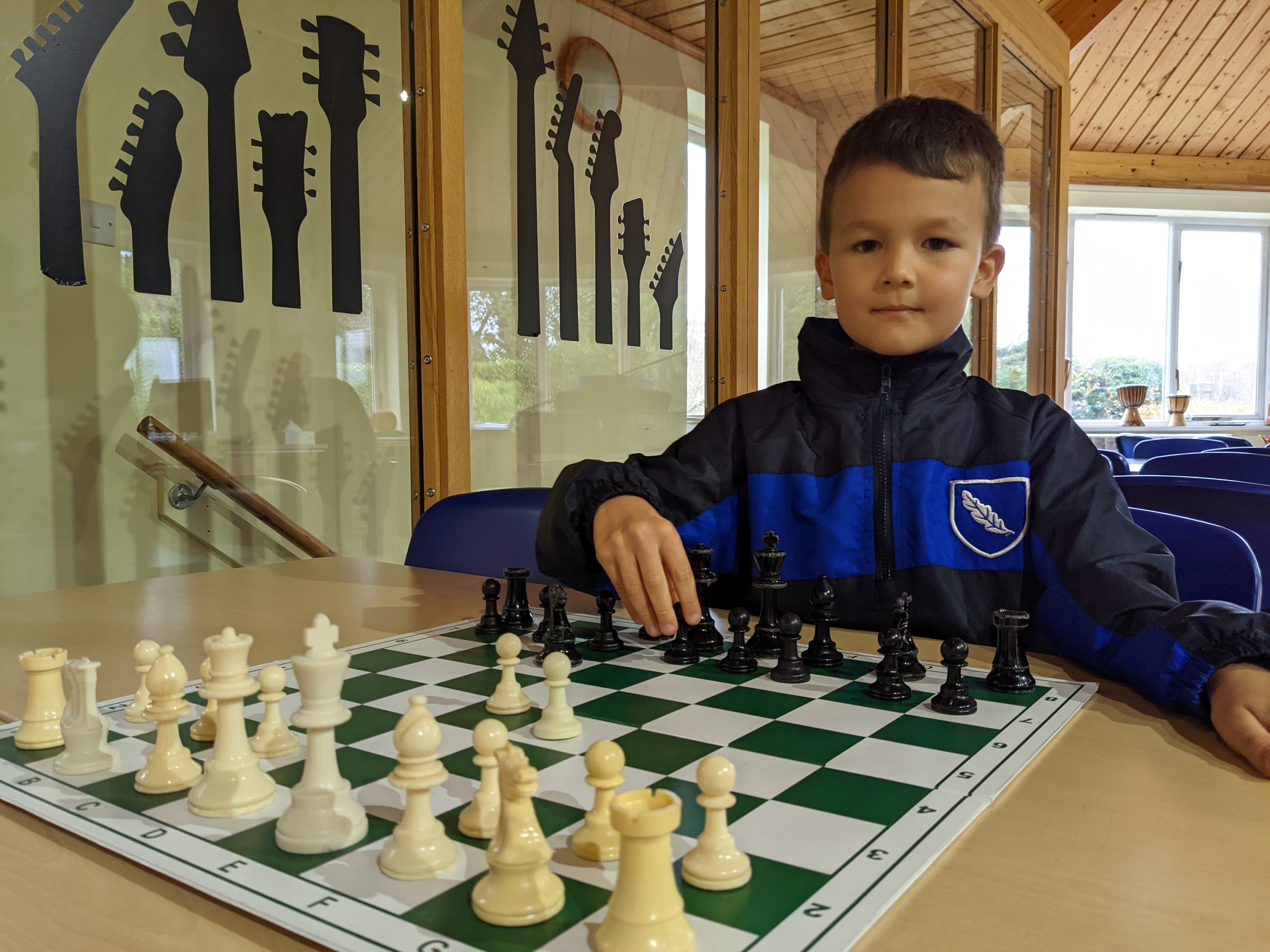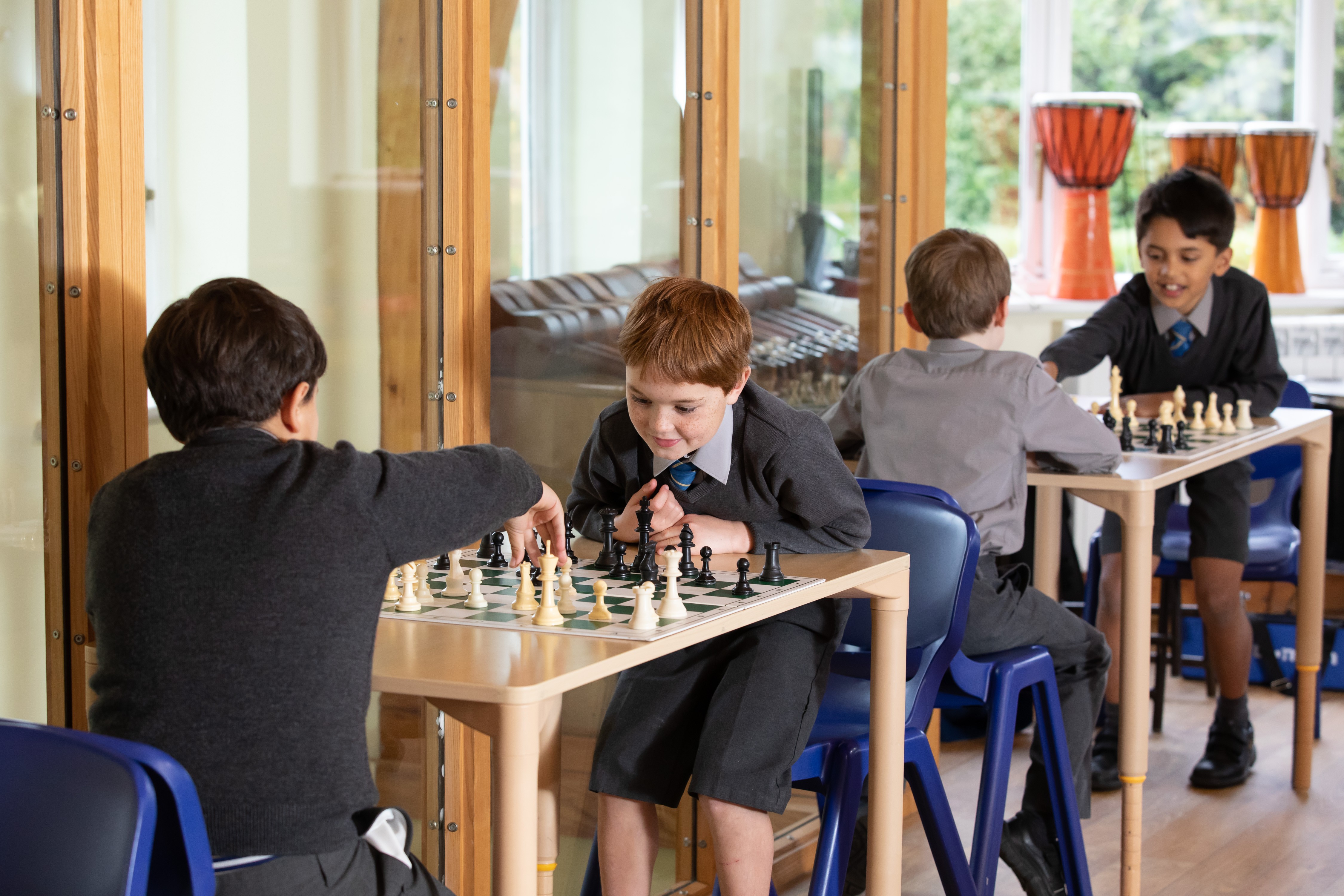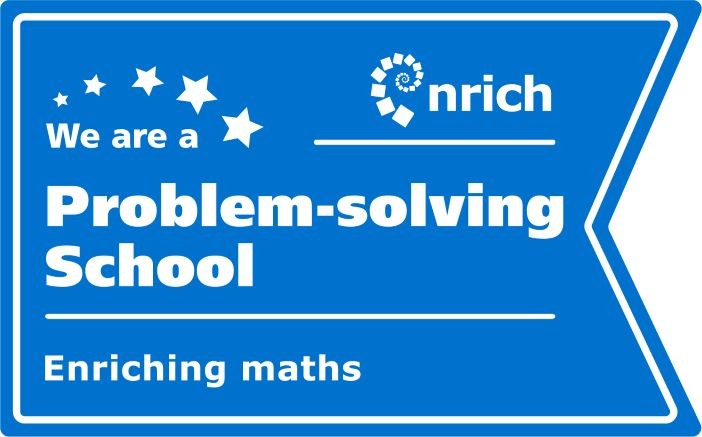At Solefield, Judo and Chess form an important part of our curriculum. This year we won several medals at the National Judo Tournament in High Wycombe, with 2 x boys winning Gold, 1 x securing Silver and 1 x Bronze. As a school, we were also overall runners up and trophy winners at the National Judo Tournament - an amazing achievement!

Chess is also extremely popular at Solefield. We have several Chess Clubs and boys are coached by the most published Chess player in the UK, Grandmaster John Emms. Although we enjoy a lot of success in local tournaments and matches, Chess is not all about winning. It develops key intellectual skills such as problem-solving, logical thinking, pattern recognition and concentration and is great fun! No surprise then, that we have such popular clubs both at lunchtime and after school and that Chess is part of our school timetable and curriculum at Solefield.

Here are a few reasons why.
1. Building neural pathways
Chess teaches children how to think through and solve complex problems, improving abstract reasoning, creativity and planning. A player must use a strategic plan with the flexibility to adapt to changing circumstances thus enhancing problem-solving skills. Chess players recognize and remember patterns that sharpen memory and think ahead and foresee the consequences of their actions. Chess involves logical reasoning, patience, concentration, intuition and perseverance all of which help in the development of neural pathways.
2. Chess is a great leveller
Chess is a universal game, knowing no boundaries of age, gender, faith, ethnicity or disability. Whether playing against another pupil, our own Grandmaster or the computer, Chess puts everyone on a level footing.
3. Being still
One of the benefits of playing Chess is calm and peace. Chess is an intense game that encourages thinking deeply, being calm and taking actions accordingly. Concentration is developed through visualising the board, its pieces, their moves and an opponent's every possible countermove. It instils the habit of sitting in one spot and focussing on one activity at a time.
4. Building emotional intelligence and sportsmanship
Predicting an opponent’s strategy, their moves and adapting your game accordingly takes time and practice. This builds a connection, and respect, between both players. Players learn how to lose and how to win gracefully.
5. Developing perseverance and tenacity
Playing Chess also fosters intellectual character. Its cerebral reputation boosts self-esteem and gives children the tenacity to cope with adversity which helps them grow into rounded individuals.
To encourage your son to play Chess, try either playing it with him or play it with your partner for fun; children copy what they see acutely. Short Chess problems can be fun as well as playing online. Please speak to Mrs Payne if you would like you son to take advantage or one of our school Chess Clubs.








